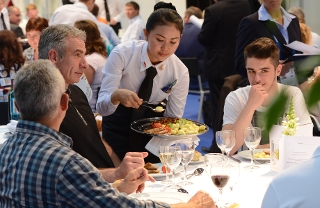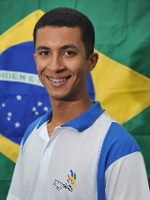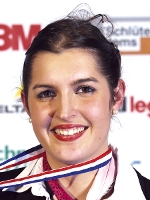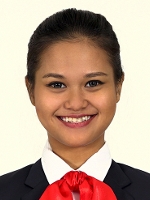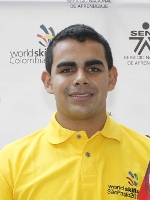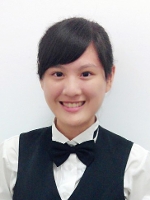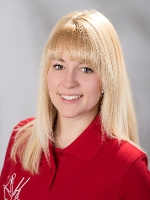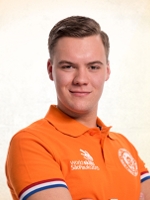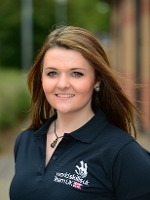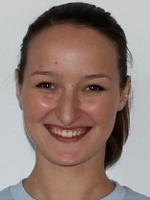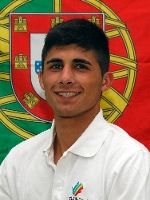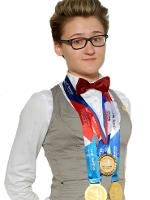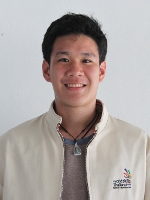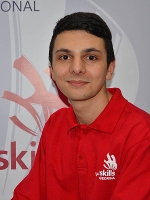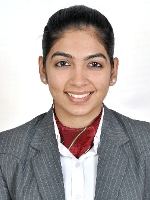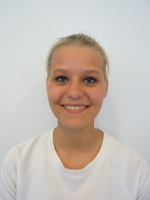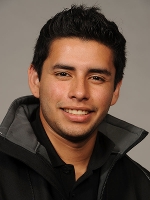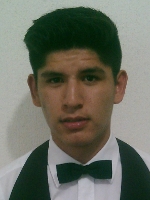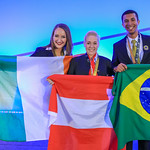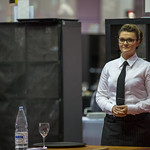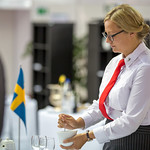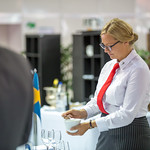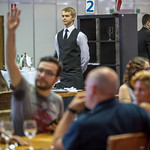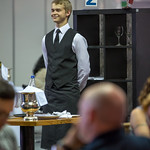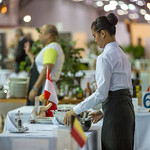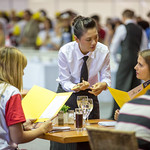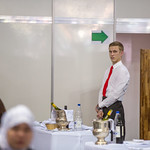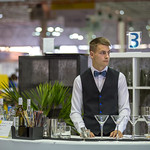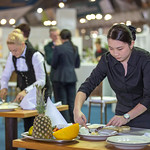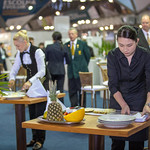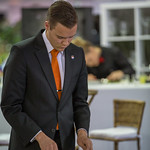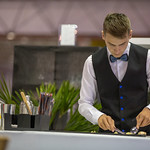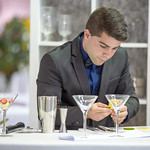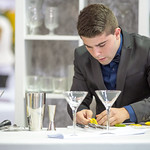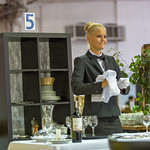Restaurant Service
Skill Explained
The restaurant service practitioner provides high quality food and drink service to guests. A food service practitioner generally works in the commercial sector, offering a range of services to customers. There is a direct relationship between the nature and quality of the service required, and the payment made by the guest. Therefore the practitioner has a continuing responsibility to work professionally and interactively with the guest in order to give satisfaction and thus maintain and grow the business.
The practitioner is likely to work in a hotel or restaurant. However, the size, nature and quality of these establishments can vary enormously from internationally renowned hotel chains to smaller, privately-owned, more intimate restaurants. The quality and level of service provided and expected by guests will also vary. The styles of service will be dependent on the targeted customer and can range from simple self-service operations to elaborate service styles where dishes can be prepared at the guests’ table. In its more elaborate form, food and drink service can be likened to a form of theatre.
High quality food and drink service requires the practitioner to have extensive knowledge of international cuisine, beverages and wines. They must have a complete command of accepted serving rules and must know the preparation of speciality dishes and drinks at the guests’ table or in the bar. The food server is the most important person in attending to the guests and providing the meal experience. Skill and resourcefulness, good manners, excellent interaction with guests, aplomb, excellent personal and food hygiene practices, smart appearance and practical ability are all essential.
A wide range of specialist tools and materials will be used for the service of specialist dishes, drinks and wines. The practitioner will be familiar with their use in addition to the more usual pieces of equipment that are found in most dining situations.
Irrespective of the working environment, excellent communication and customer care skills are universal attributes of the outstanding practitioner. Food service personnel will work as part of a team and with other teams in the hotel or restaurant. Whatever the structure of the work, the trained and experienced practitioner takes on a high level of personal responsibility and autonomy. This ranges from safeguarding the health and wellbeing of the guests and colleagues through scrupulous attention to safe and hygienic working practices, to achieving exceptional experiences for special occasions.
With the globalization of gastronomy, the expansion of travel for pleasure and business, and the international mobility of people, staff in the hospitality industry enjoy rapidly expanding opportunities and challenges. For the talented restaurateur there are many commercial and international opportunities; however, these carry with them the need to understand and work with diverse cultures, trends and environments. The diversity of skills associated with restaurant service is therefore likely to keep expanding.
What the Competitors do at the Competition
Competitors will be judged on the following activities:
- Preparation for service (mise-en-place)
- Service of food
- Service of Beverages, Alcoholic and Non Alcoholic
- Service of Coffee and Tea
- Preparing Gueridon Dishes (Side trolly)
- Carving techniques
- Preparation of Cocktails
- Drinks identification
- Personal presentation
- Social skills
Competitors
Andeson Almeida
Brazil
ALIAKSEI ARCHAKOU
Belarus
Martin Auer
South Tyrol, Italy
Anne-Sophie BERTHE
France
Farisha Dhamiera Bohari
Singapore
Giovany Castro Molina
Colombia
WUN YI CHEN
Chinese Taipei
William Denayer
Belgium
Franziska Ehgartner
Austria
Hannah Forsberg
Sweden
David Füger
Switzerland
Joris Grim
Netherlands
Lili Jin
China
Samantha Johnson
Australia
Lucy Jones
United Kingdom
Martins Kukojs
Latvia
Micaela Newton
South Africa
Kätlin Niinepuu
Estonia
Nadila Putri Ossycawati
Indonesia
Steffen Repplinger
Germany
Alina Sile
Ireland
Jorge Silva
Portugal
Mariia Sintcova
Russia
Danaikan Srisuk
Thailand
Leonardo Stepanov
Georgia
Shefali Qadri Syed
India
Puk Søndergård Mortensen
Denmark
Mathias Thoresen
Norway
Laura Tikkanen
Finland
Kit Yui Tsui
Hong Kong, China
Luis Vazquez
United States of America
Gabriel VILAR
Spain
Anna Yanagibashi
Japan
Experts
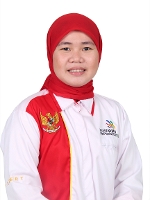
Robiyatul Adawiyah
Indonesia
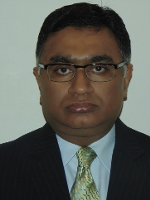
Ashwani Anand
India

Dominique Bal
Belgium

Andrea Benkert
Germany

Jeison Castaño
Colombia
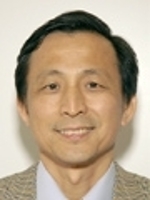
Wen Tsung Chen
Chinese Taipei

Ray Cullen
Ireland
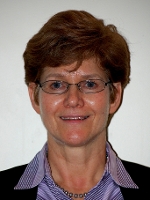
Birgit Ehlers-Hoeps
New Zealand

Seija Ekholm
Finland

Martin Erlacher
Switzerland

Ramiro ESPARIS
Spain
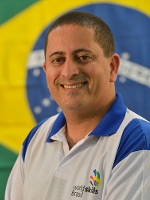
Antonio Cesar Falcao
Brazil
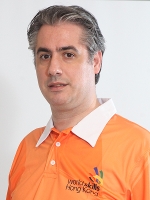
Paolo Gorreri
Hong Kong, China
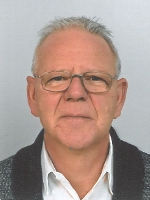
Dick Heuvelman
Netherlands

Sheila Hyde
United States of America

Albert K L Ong
Singapore

Carsten Lundsgaard Larsen
Denmark
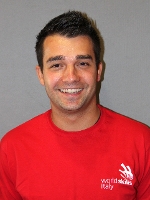
Matteo Lattanzi
South Tyrol, Italy

Christer Lindeberg
Sweden
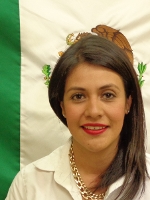
Mariela Jocelyn Montiel Vera
Mexico
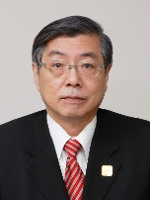
Ryoichi Osamura
Japan

Thomas Overbeck
South Africa

Tiiu Parm
Estonia
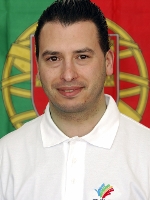
Paulo Pereira
Portugal
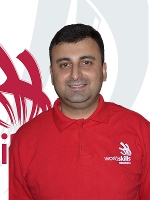
Ilia Saganelidze
Georgia

HALINA SHAKH
Belarus
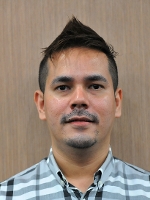
Chisnupong Sirichodnisakorn
Thailand

Heh-Nian (James) Sun
Australia
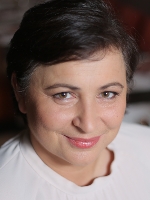
Inese Vicupa
Latvia

Huan Wang
China

Ann Mari Wang-Johansen
Norway

Katie Watson-Kyrousis
United Kingdom
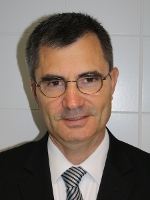
Christophe Weber
France

Rudolf Wolfschluckner
Austria

Yulia Zimina
Russia

